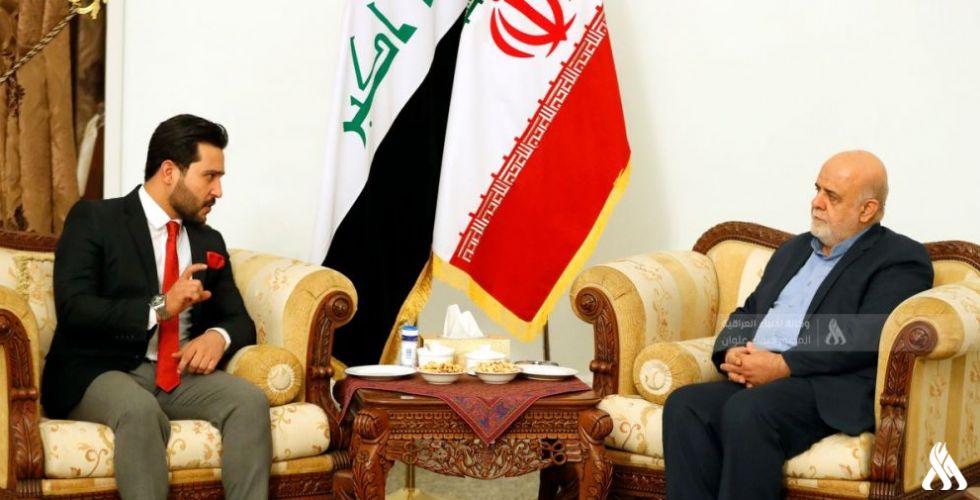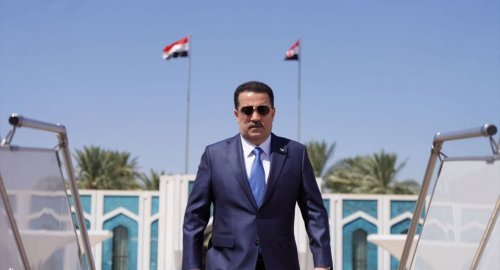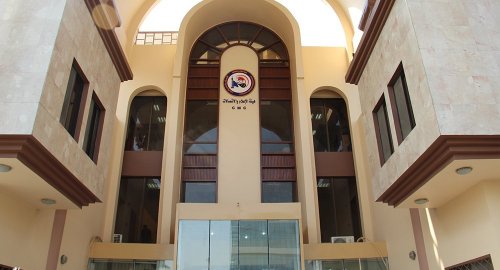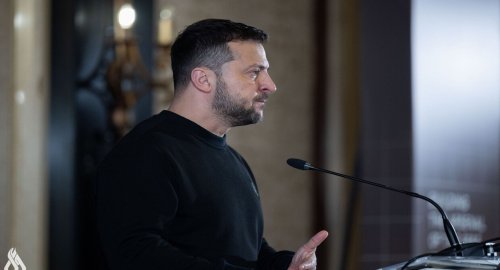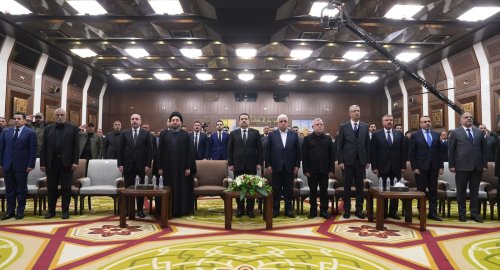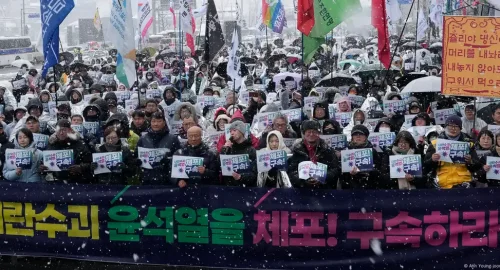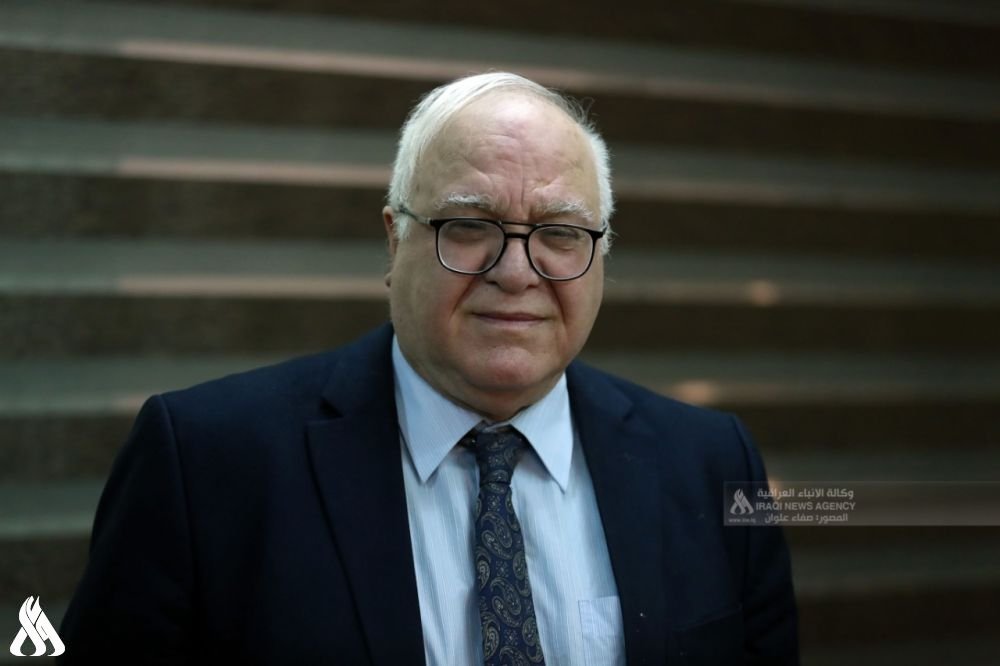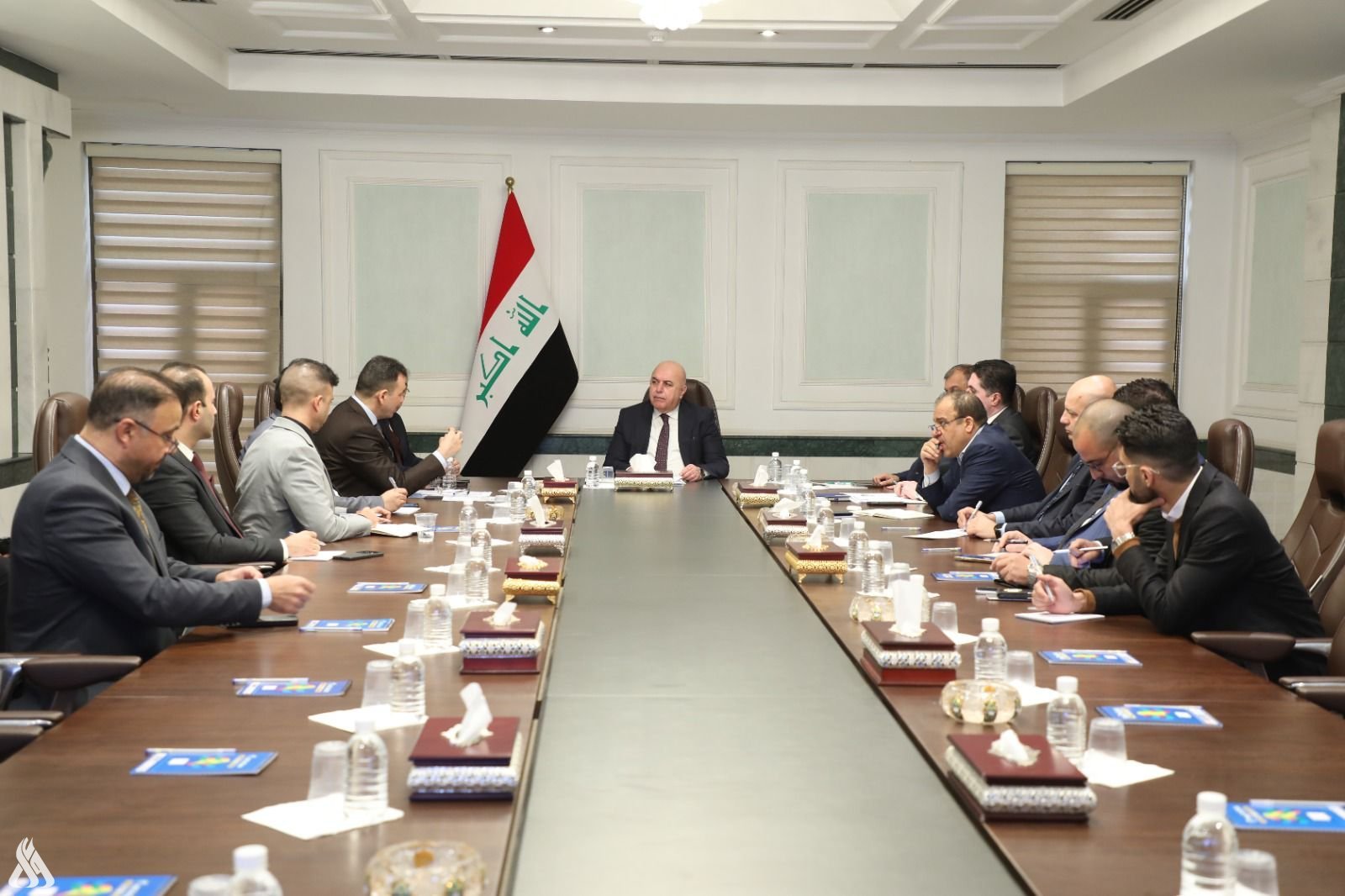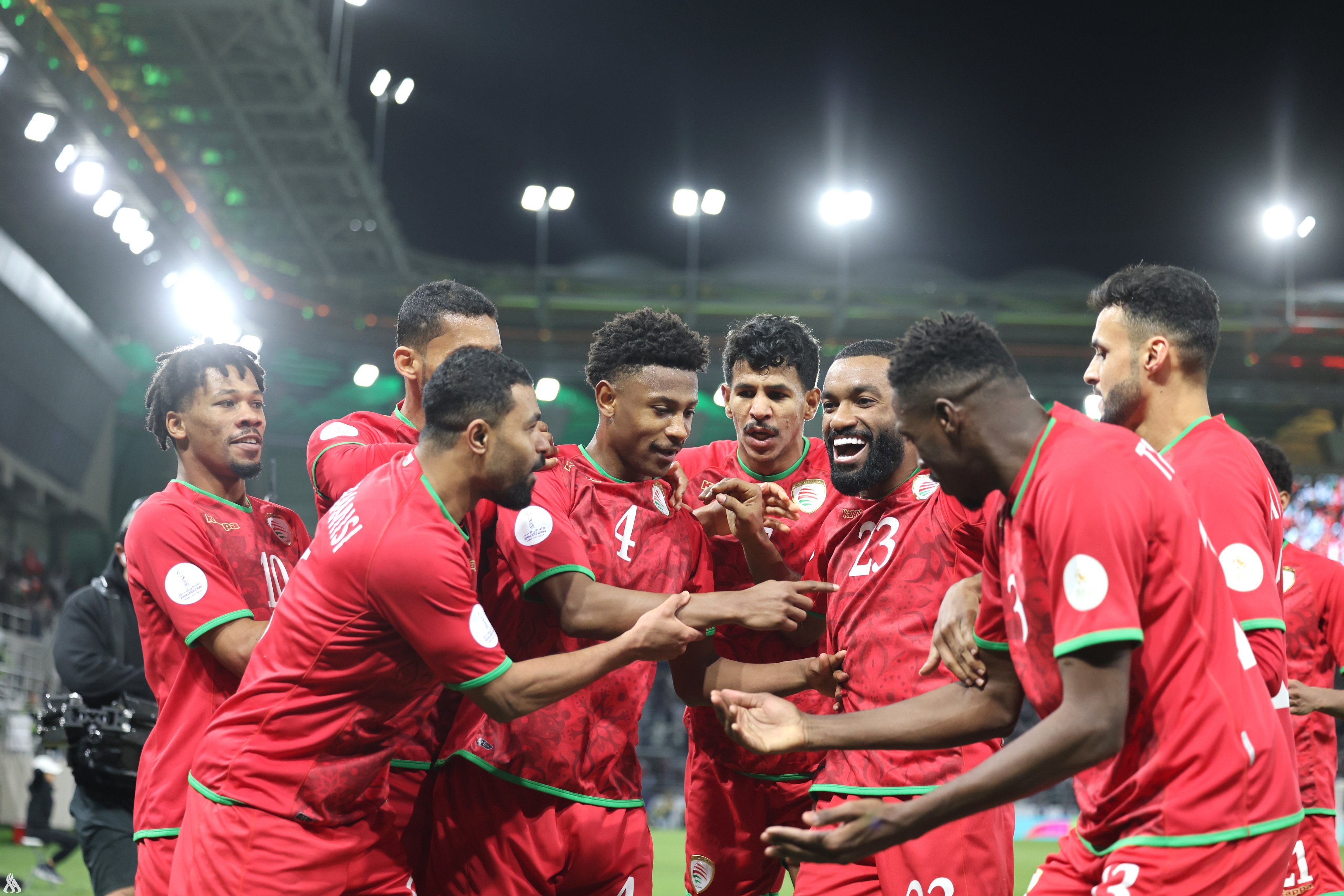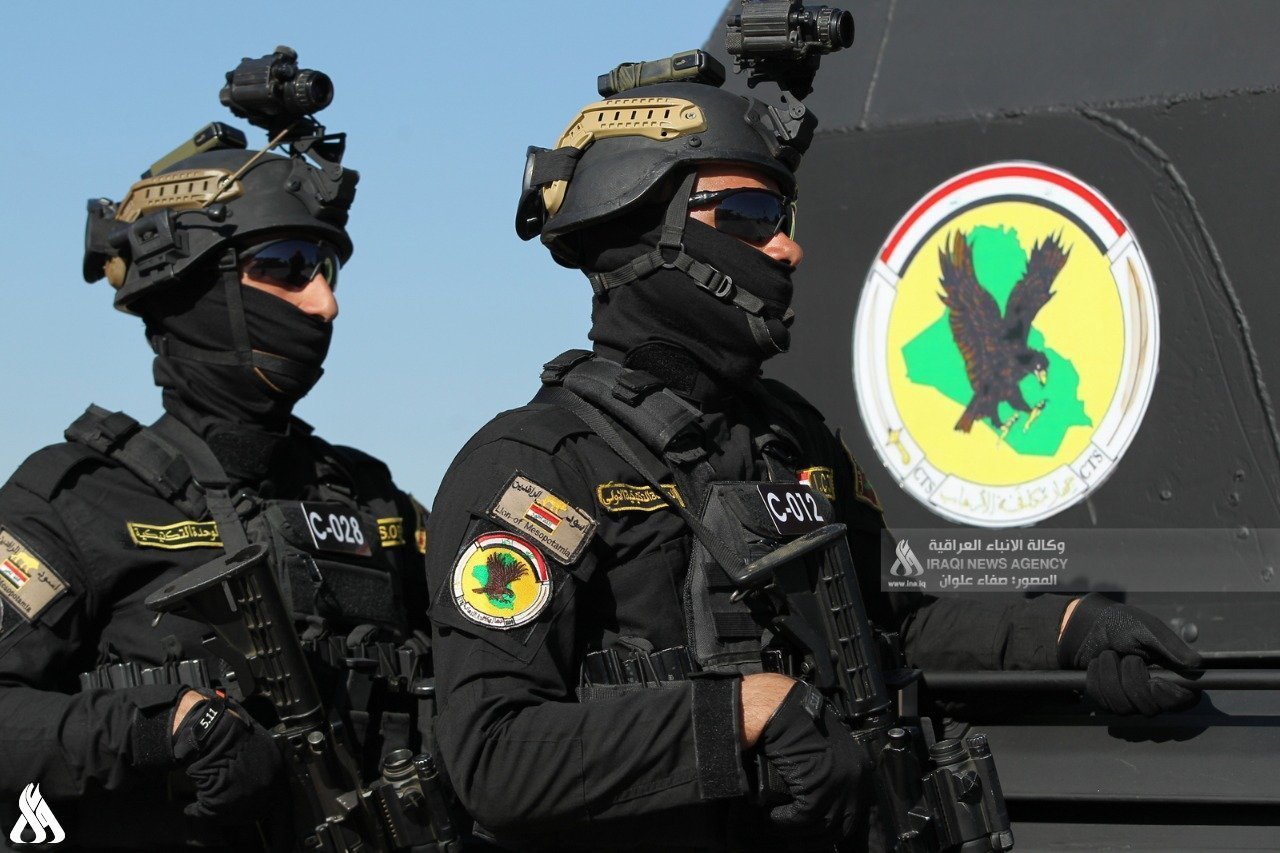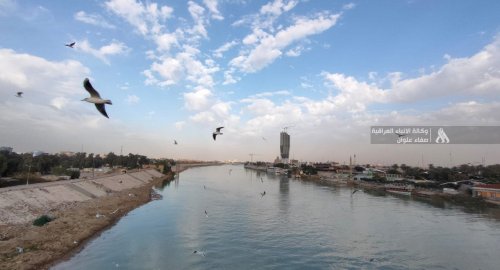
MOWR announces a new phase of negotiation with neighboring countries

- 23-12-2022, 13:25
INA- Baghdad
Ministry of Water Resources confirmed Friday the implementation of two plans to confront water scarcity through several options, and while clarifying its details, it announced a new phase in the negotiation file with neighboring countries, confirming the agreement with Turkey and Iran on the return of technical negotiating meetings related to the water quota file.
The ministry's spokesman, Ali Radhi, told the Iraqi News Agency (INA): "Water scarcity has become a reality that must be dealt with, as the lack of revenue affects Iraq in a very large way, whether it is for natural reasons related to climate changes or technical reasons related to the expansion of the construction of reservoir dams and irrigation projects, especially from the Turkish side, which caused a lack of water revenues in the Tigris and Euphrates rivers.
Radhi added, "There is a clear focus and very great support from the central government and Prime Minister Muhammad Shia Al-Sudani on the water file and negotiations with neighboring countries, and there is movement and a new phase opening in this field," noting that "there was a meeting between the Minister of Resources and the Iranian ambassador, and there was also a contact between the minister and the Turkish president's special envoy for water, and during these meetings and contacts, it was agreed to return joint visits and their continuation and the return of technical meetings to discuss the issue of water and ensure that Iraq gets a fair share of water.
He continued, "The great government support for this file will have a positive impact on the sustainability and success of Iraq in achieving its demands to obtain a fair share of water," noting that "the Ministry of Water Resources has clear plans to confront water scarcity and implement projects near or long-term for that."
He continued, "We have a broad plan to establish small dams through which we can benefit from Iraq's revenues generated through rain and torrential rains coming from valleys and depressions, as well as focusing on the use of modern technologies in irrigation," stressing that "there is an optimal water management in terms of water releases to meet Agriculture requirements in the winter agricultural season and meeting raw water requirements in drinking water liquefaction stations.
He indicated that "there is an enhancement and improvement in the amount of revenue received for the marsh areas, especially after suffering from a large water scarcity in the previous period, and there is an enhancement to improve the Shatt al-Arab, and we are targeting some areas that suffered from water scarcity in order to improve the irrigation reality and secure water quotas, and there is a major campaign to raise and prevent abuses that occur, especially on water quotas."
He pointed out that "there are large projects that have been taken into account within the government program, and there are central directives in implementation of the program to reduce dependence on surface water through 3 options represented by desalination of sea water, treatment and recycling of sewage water and heavy water within a practical plan, and these help relieve pressure on surface water, which positively affects the improvement of water, as well as the flexibility of water distribution.
Radhi explained, "There is a second big plan for the ministry, relying on a fourth option represented by groundwater and the use of modern technologies in areas where raw water can be secured, and it is difficult to secure surface water for it, and this group of projects is in the process of rehabilitating and maintaining canals and facilities and using modern technologies to localize channels using concrete quilts or transporting water through closed channels, and this constitutes an important point to confront scarcity or mitigate its effects on citizens,” stressing that “the ministry has embarked on these plans, and the large expansion of these projects will be in the next budget for next year.”
PM to visit Iran next Wednesday
- politics
- 01:24
South Korea: Thousands protest for and against Yoon's arrest
- International
- 10:17
CBI: We have achieved a great achievement in abroad remittance
- Economy
- 25/01/01
Oman wins over Saudi Arabia to reach Gulf Cup 26 final
- Sport
- 24/12/31

